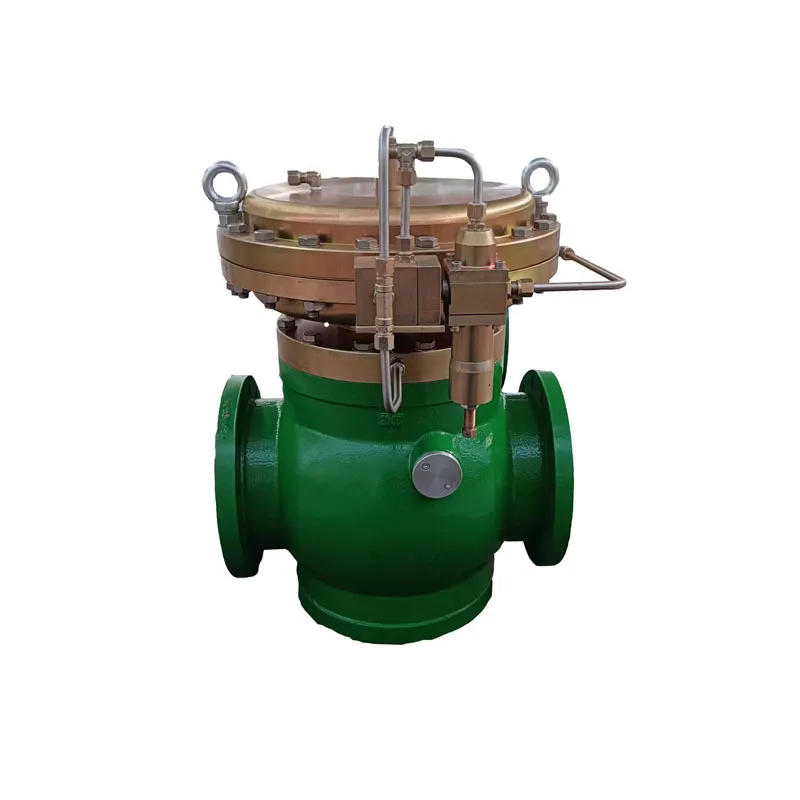
Nov . 15, 2024 04:04
Back to list
natural gas heat exchanger
The Role of Natural Gas Heat Exchangers in Modern Energy Systems
Natural gas heat exchangers play a critical role in modern energy systems, contributing to efficient energy transfer and sustainability. As industries and households strive for more energy-efficient solutions, the use of natural gas as a primary energy source has gained significant traction. This article explores the fundamentals of natural gas heat exchangers, their applications, benefits, and their impact on the environment.
What is a Natural Gas Heat Exchanger?
A natural gas heat exchanger is a device designed to transfer heat between two or more fluids without mixing them. In the context of natural gas applications, these fluids can include natural gas itself, water, steam, or other industrial fluids. The primary objective of a heat exchanger is to enhance the efficiency of heating processes, reducing energy consumption and optimizing performance.
Heat exchangers operate on the principles of thermodynamics, utilizing the concept of heat transfer to achieve optimal temperature regulation. They are essential components in various systems, including gas-fired boilers, furnaces, and industrial processes where heating is crucial.
Applications of Natural Gas Heat Exchangers
The versatility of natural gas heat exchangers makes them applicable across numerous sectors. In residential heating, for instance, they are commonly used in furnaces and water heaters, providing efficient heating solutions that help reduce energy bills. In industrial settings, heat exchangers are employed in processes such as chemical manufacturing, oil refining, and power generation to recover heat from exhaust gases or process fluids.
natural gas heat exchanger

Natural gas heat exchangers also play a significant role in combined heat and power (CHP) systems. These systems are designed to simultaneously generate electricity and utilize the waste heat for heating purposes, leading to improved overall efficiency. By incorporating heat exchangers, CHP systems can achieve energy efficiency rates exceeding 80%, making them a popular choice for facilities looking to reduce their carbon footprint.
Benefits of Using Natural Gas Heat Exchangers
The use of natural gas heat exchangers offers numerous benefits. Firstly, they enhance energy efficiency by minimizing heat loss during energy transfer. This efficiency translates to lower energy expenses for consumers and industries alike. Secondly, natural gas heat exchangers facilitate the use of clean energy sources, as natural gas burns more cleanly than other fossil fuels, resulting in lower emissions of pollutants such as sulfur dioxide and particulates.
Moreover, heat exchangers contribute to the longevity of heating systems by maintaining optimal operating temperatures. By preventing overheating and thermal stress, they help to minimize wear and tear on equipment, reducing maintenance costs and prolonging the lifespan of heating systems.
From an environmental perspective, the increased use of natural gas heat exchangers aligns with global efforts to transition to cleaner energy sources. As countries aim to reduce greenhouse gas emissions and combat climate change, natural gas provides a more sustainable alternative to coal and oil. When coupled with renewable energy sources, heat exchangers can support a comprehensive approach to energy management that prioritizes both efficiency and environmental responsibility.
Conclusion
Natural gas heat exchangers are integral to modern energy systems, providing solutions that enhance efficiency, reduce costs, and promote sustainability. Their applications across residential, commercial, and industrial sectors demonstrate their versatility and importance in the quest for energy efficiency. As the world continues to grapple with climate change and energy resource management, the adoption of efficient technologies such as natural gas heat exchangers will be crucial in paving the way toward a more sustainable energy future. By optimizing energy use and reducing environmental impact, these devices not only improve operational performance but also contribute to a cleaner planet for future generations.
Next:
Latest news
-
Safety Valve Spring-Loaded Design Overpressure ProtectionNewsJul.25,2025
-
Precision Voltage Regulator AC5 Accuracy Grade PerformanceNewsJul.25,2025
-
Natural Gas Pressure Regulating Skid Industrial Pipeline ApplicationsNewsJul.25,2025
-
Natural Gas Filter Stainless Steel Mesh Element DesignNewsJul.25,2025
-
Gas Pressure Regulator Valve Direct-Acting Spring-Loaded DesignNewsJul.25,2025
-
Decompression Equipment Multi-Stage Heat Exchange System DesignNewsJul.25,2025

